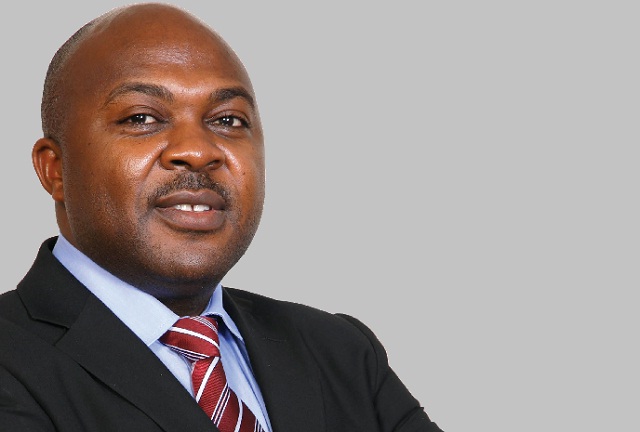
Indeed, in 2005, the situation was very different. At the time, when government decided to unbundle Uganda Electricity Board (UEB) into three separate entities to manage electricity generation, transmission and distribution, it hired an international company called Fieldstone Private Capital Group Limited to help handle the matter.
Two years later, government put out a tender for generation and distribution concessions.
Five companies expressed interest and came to Uganda to do a due diligence on the sector. After studying the obtaining circumstances, all of them pulled out without submitting a bid.
Part of the problem was that Uganda’s electricity tariff was being deliberately kept low by government subsidies and had remained unchanged from 1993 to 2002. It was far below the actual cost of generating, transmitting, and distributing electricity.
Besides rampant power thefts, defaulters had also shot nontechnical losses through the roof. The situation was compounded by the fact that UEB had spent decades without properly investing in improving the distribution network, which led to high technical losses.
The Commonwealth Development Corporation (CDC), which would later acquire the distribution concession, raised these issues noting that if they were addressed, they could bid.
The negotiations between government on one hand and CDC and Eskom, which later took up the generation concession, on the other, lasted three years.
Government promised to protect the investor from regulatory and political risks and the concession was designed by escalating the penalties government would pay in case of a breach.
CDC and Eskom feared that if anyone attempted to increase the tariff, especially at a steep rate, it would cause thefts, defaults and illegal connections.
The concession made it clear the tariff would not raise more than 10% in any given year and not more than 20% in any three consecutive years.
But even after government had agreed to these demands, Umeme was reluctant to join and asked for an 18 months concession as a trial run to see whether government would honor its word.
They agreed to invest a nonrefundable $5m in these 18 months. Five months to the end of that period, in March 2005, power supply declined by 50 percent due to low water levels in Lake Victoria. This forced government to bring in thermal generators, which escalated the cost of electricity and increased the cost of subsidies.
Amidst these financially crippling circumstances, in less than two years, government increased the tariff by 98 percent contrary to the concession agreement.
Umeme threatened to terminate the concession, triggering negotiations. Umeme argued that such a sudden hike in the tariff was going to increase illegal connections and defaults, making it difficult for the company to reduce nontechnical losses.
Government was forced to suspend the loss reduction targets to keep Umeme involved. It is only after electricity supply constraints were eased in 2009 that ERA began to set collection and loss reduction targets.
In 2009, losses fell from 35 percent to 30 percent and in 2010 they fell to 28 percent.
Under the concession agreement, Umeme was supposed to have reduced electricity losses from 38 percent to 28 percent in the first seven years of the contract. By 2011, they had reduced them to 24 percent. They were supposed to have invested US$65m in the first seven years; they had invested $130m. They were supposed to make 60,000 new connections in the first seven years; they had made 220,000 connections. They were supposed to increase collection of revenue from 75 percent to 95 percent; they were collecting 98 percent of total electricity sold as per 2013.
Despite all this, a parliamentary committee investigated the power sector and recommended that Umeme’s concession be suspended. As a result of this turbulent history, Umeme, has learnt to wear protective gear when dealing with electricity concession issues.
 The Independent Uganda: You get the Truth we Pay the Price
The Independent Uganda: You get the Truth we Pay the Price


